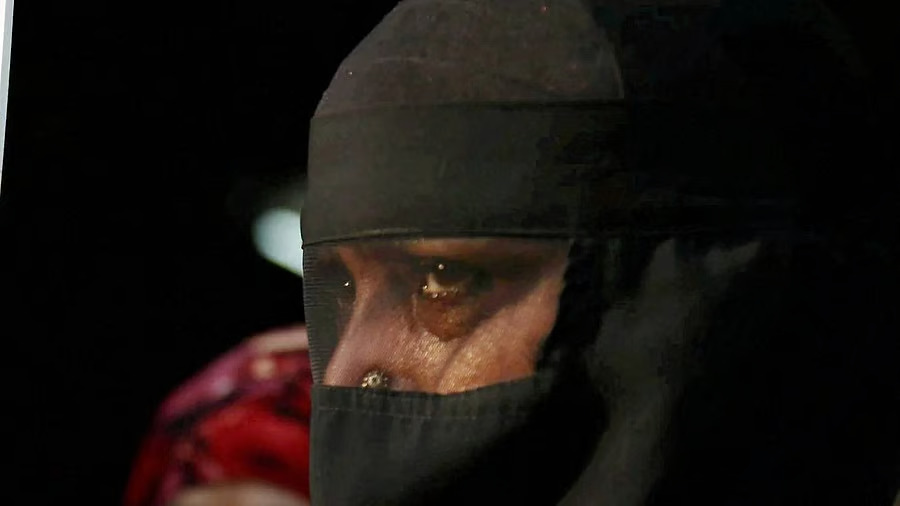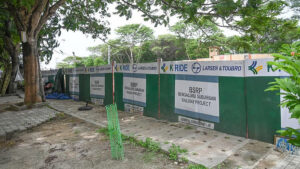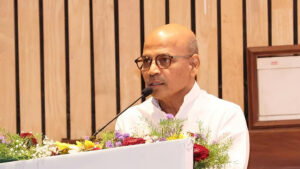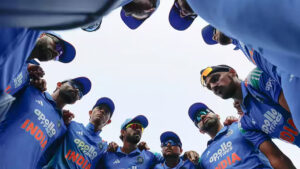In a story that underscores both the persistence of age-old injustices and the modern twist of technology’s misuse, a 28-year-old woman from Udupi has come forward with a harrowing account of marital betrayal and abuse. Her complaint spans centuries-old practices and digital-age cruelty—highlighting why justice systems must stay resilient and adaptive.
A Promised Union With Hidden Dismay
The couple was married in October 2024 under customary rituals and familial blessings. Yet behind the formalities lay a staggering dowry demand: the bride’s family reportedly provided 12.5 sovereigns of gold and ₹20 lakh in cash—a sizable financial burden—and expected to accompany marital goodwill.
Within just a month, the woman’s life took a tragic turn. What began as a seemingly stable marriage quickly devolved. She recounts relentless mental and physical abuse—a sad testament to how traditions like dowry can poison relationships from the earliest days.
From Concern to Cruelty: Harassment Intensifies After Husband’s Departure
By December 12, 2024, her husband had traveled abroad. Rather than provide space for healing, his departure marked a dark escalation: the in-laws reportedly began demanding more gold and money, accompanied by alleged threats of expulsion from the marital home.
The veneer of civility cracked entirely when, on July 15, 2025, the husband purportedly sent a WhatsApp message containing three utterances of “talaq”—effectively an electronic version of instant divorce.
Legal Protection Through Digital Vulnerabilities
In India, the practice of instant triple talaq has been outlawed under the Muslim Women (Protection of Rights on Marriage) Act, 2019, which explicitly invalidates pronouncements of divorce made orally, in writing, or via electronic means like WhatsApp.
Recognizing the severity and novelty of the crime, authorities have registered charges under:
-
The Bharatiya Nyaya Sanhita, covering assault, wrongful conduct, and domestic cruelty.
-
The Dowry Prohibition Act, guarding against harassment for dowry.
-
The Muslim Women (Protection of Rights on Marriage) Act, 2019, criminalizing instant divorce in electronic form.
Police are now investigating the allegations, including both the dowry harassment and the electronic triple talaq, seeking to uphold the protections women are entitled to by law.
Beyond the Headlines: Why This Matters Deeply
-
Digital Abuse Is Real Abuse
The deception lies in how the act of divorce can now be weaponized via a mobile app—just a few words can devastate lives. Law must continue to evolve to recognize how electronics can enable domestic violence. -
Dowry Harassment Endures
Despite legislation, dowry demands remain rampant. The emotional and financial toll on women and their families is high—often met with silence or paternal apathy. -
Legal Shield Meets Social Reality
This case showcases both the strength of existing protections for Muslim women and the importance of their active enforcement—not just in spirit, but in real-world outcomes. -
Firm Legal Principle, Flexible Application
The law is clear: instant electronic divorce is invalid, but investigators must be meticulous and deliberate to uphold justice when technology is misused.
Final Thoughts
This Udupi case is more than a criminal investigation—it’s a mirror reflecting lingering traditions, evolving forms of harm, and the complex interplay between technology and marriage. The resolution, and the attention it garners, could set a precedent for how quickly the justice system can catch up to modern forms of abuse.
Our Services – FACTS Transcripts
We at FACTS Transcripts assist in various services, including:
- Mark Sheet Transcripts
- E-Transcripts
- Duplicate Mark Sheets & Degree Certificates
- Medium of Instructions Certificates
- Attestations
- HRD Attestation / Apostille Services
- ECA (Educational Credentials Assessment)
Trusted by leading global verification organizations, including WES, IQAS, PEBC, NDEB, NASBA, CAPR, NZQA, ICAS, NCESS, ICES, ECE, eduPASS, ACEI, GCEUS, Comparative Education Services, NNAS, NCA, SAQA, QMAS, FORAC, Australian Pharmacy Council, and more.
FACTS Transcripts – The preferred choice for university document verification worldwide. We ensure a hassle-free process for obtaining your transcripts.










